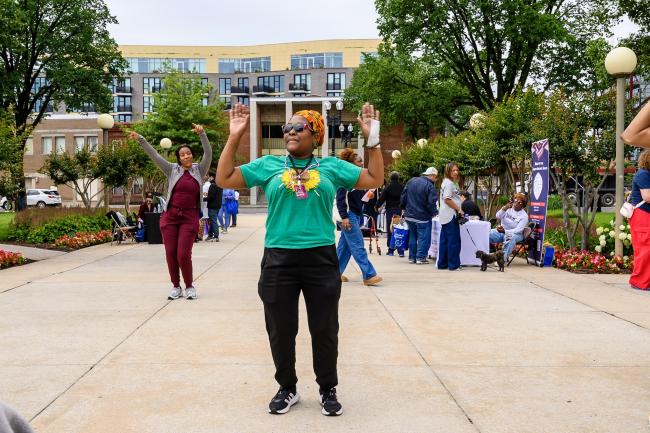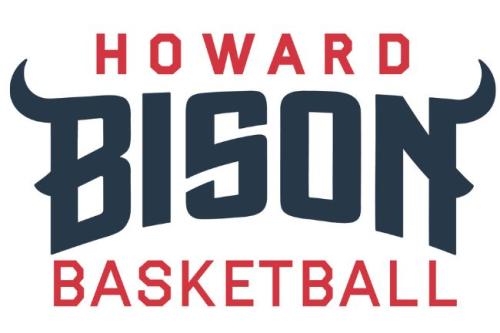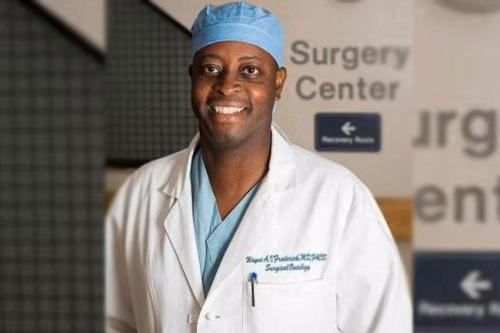Psychiatrists in the Howard University College of Medicine brought mental health resources directly to the people during its second annual “Care for the Culture” Mental Health Fair on May 29. The event underscored the importance of “community” as a foundation for mental well-being across the city.
Held in the plaza in front of Howard University Hospital, the event gathered more than 30 local and university-based organizations offering everything from clinical screenings to art therapy, harm reduction resources, and wellness activities.
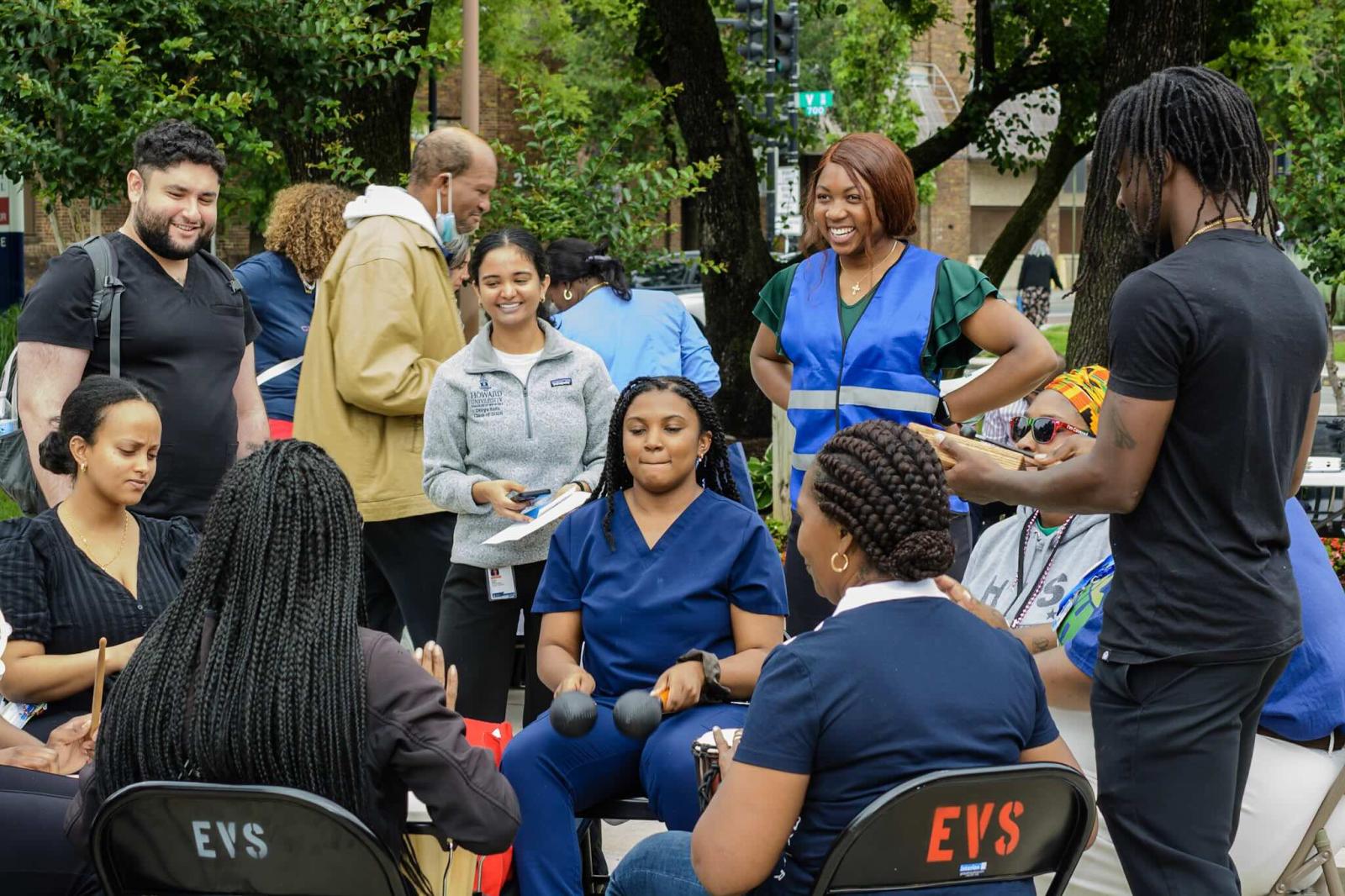
“Community is integral to mental health. You can’t separate the two,” said Ebony Caldwell, M.D., assistant professor and director of community engagement. “Our mission is to get out into the community and heal people where they live, not just inside a clinic.”
Caldwell said the goal for the Howard University Department of Psychiatry and Behavioral Sciences was to normalize conversations around mental health, increase access to services, and build lasting relationships beyond the hospital walls. May was Mental Health Awareness Month.
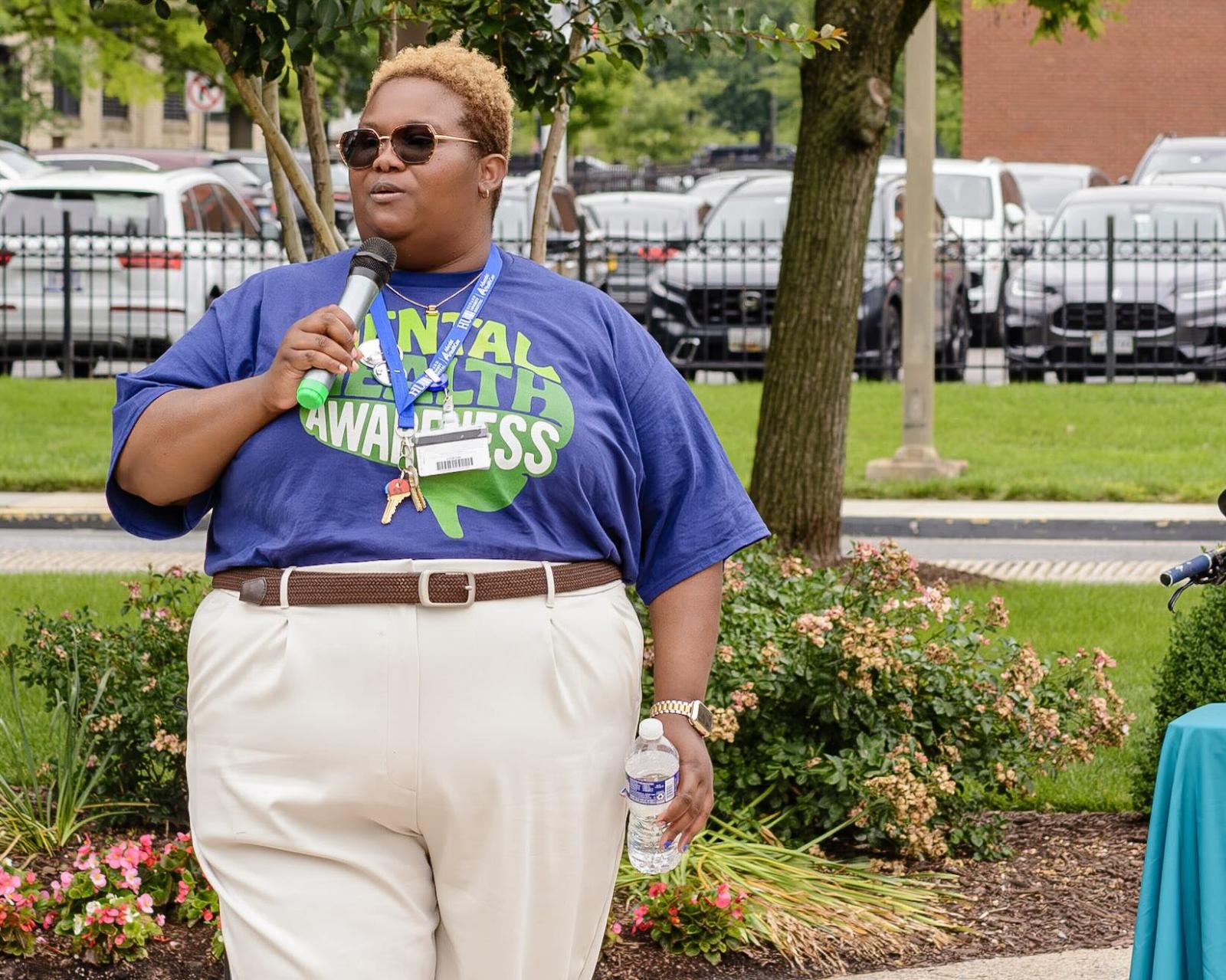
Participating organizations included several of Howard’s own departments, including psychiatry, neurology, family medicine, and dentistry. The Howard University Faculty Practice Plan was also represented alongside external partners such as the Leukemia & Lymphoma Society, Aya Healing Arts Therapy, and Capitol Club Housing. Attendees at the fair received mental health screenings and were referred directly to services if needed.
“We have to meet people where they are,” said Phoenix Miller, project coordinator for HIPS, a harm-reduction nonprofit in D.C. that participated in the fair. “Mental health is one of the top five reasons people become unstable or unhoused. Community fairs like this are vital because so many folks don’t know where the help is or that they even qualify for it.”
At the event, Miller and the HIPS team shared information about their services, distributed safe-use kits, and connected attendees with support group opportunities across the city. Miller emphasized that accessible, judgment-free spaces like the fair are essential to serving D.C.’s most vulnerable residents.
Calling the event a necessary intervention, she raised concern about ongoing funding cutbacks to programs that support marginalized and unhoused populations.
“The first thing to get cut is always help,” they said. “Vital programs that connect people to healthcare, housing, and recovery support are losing resources, even as the need grows.”
Without sustained investment in grassroots and harm reduction initiatives, Miller warned, vulnerable communities are left to navigate crisis alone.
“If we’re serious about addressing mental health in this city, we need to fund the programs that are already doing the work — on the ground, every day.”
The theme of the community’s role in mental health and accessibility of care extended to Howard students and employees, too.
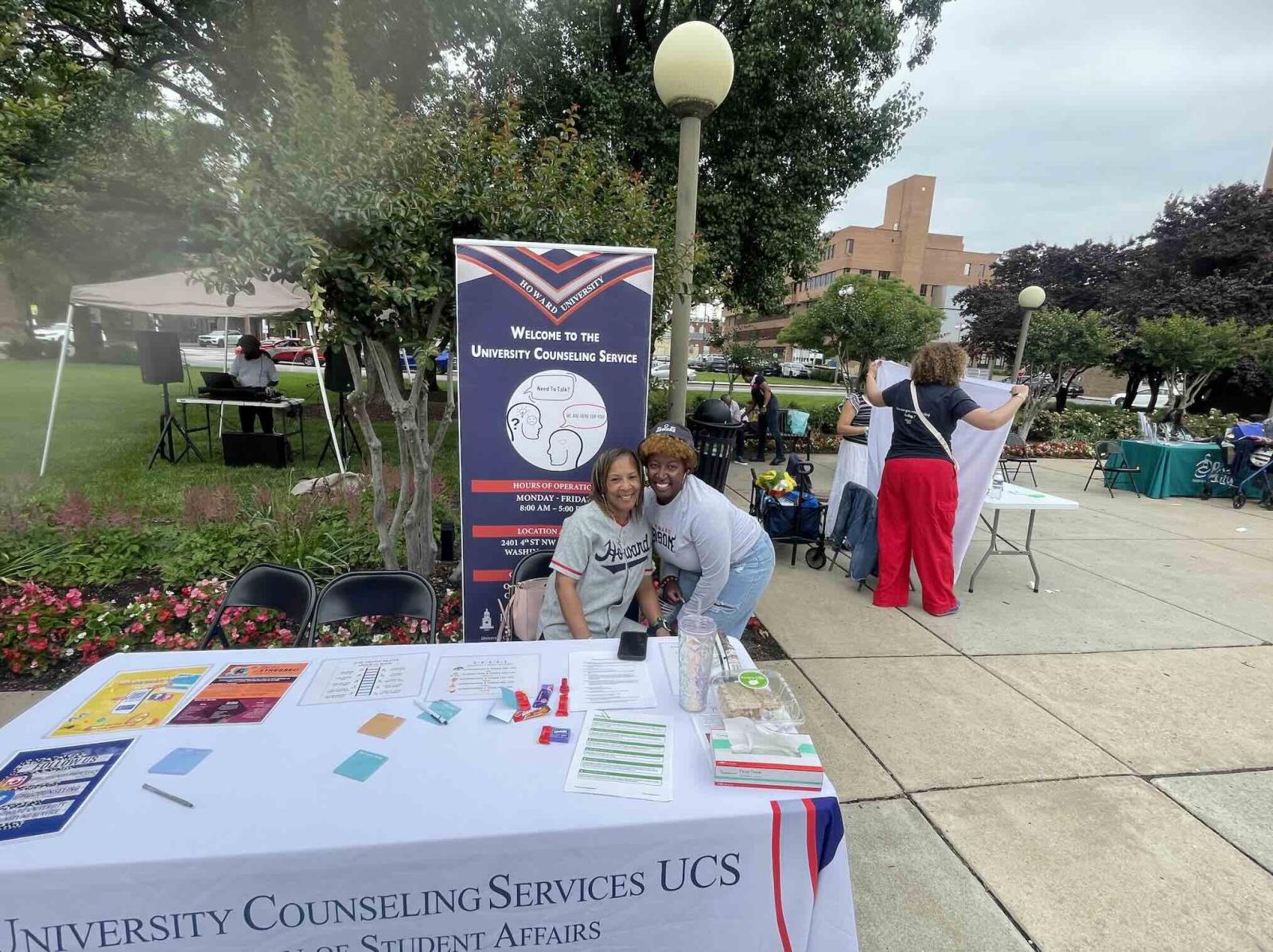
Kratel Ruiz-Washington, PsyD, a staff psychologist and outreach director at the Howard University Counseling Service, advised students to begin their mental healthcare by visiting the Counseling Service website and completing a brief survey to connect with appropriate mental health services.
She emphasized that students don’t need to be in crisis to seek support, and that the counseling service is open year-round during regular business hours, 9 a.m. to 5 p.m. For urgent mental health concerns, students can call the main line at (202) 806-6870 during office hours, or the after-hours crisis line at (202) 345-6709, available on weekdays from 6 p.m. to 8 a.m. and 24/7 on weekends.
“Students don’t have to be in crisis to reach out,” she reiterated. “They can get short-term therapy, group sessions, or just someone to talk to. We want them to know we’re here, especially before things feel unmanageable.”
Danielle Hairston, M.D., assistant professor of psychiatry at Howard University and one of the fair’s participants, also emphasized how critical it is to build a network of support beyond traditional family structures.
“A lot of people, especially older adults, are dealing with loneliness, grief, and isolation,” she said. “We need to think about our chosen family — the people we can call on, who check in, who remind us to take care of ourselves.”
Hairston, who regularly sees patients in crisis, said one of the first questions she asks is, “Who is your support?” She said the notion of community is a clinical necessity.
“Having someone to talk to, even if it’s just to say, ‘I’m checking in,’ can be the first step toward getting help,” she said. “Community is about who you can talk to, who checks in on you. That’s what makes a difference, especially when someone’s struggling.”
Individuals seeking mental health services may schedule an appointment by contacting the Department of Psychiatry at (202) 865-6611. Those experiencing a crisis are encouraged to call 988 or visit the nearest emergency room for immediate assistance.
Top photo: Phoenix Miller, project coordinator for HIPS.
Photo credits: Rod the Photographer.
###


